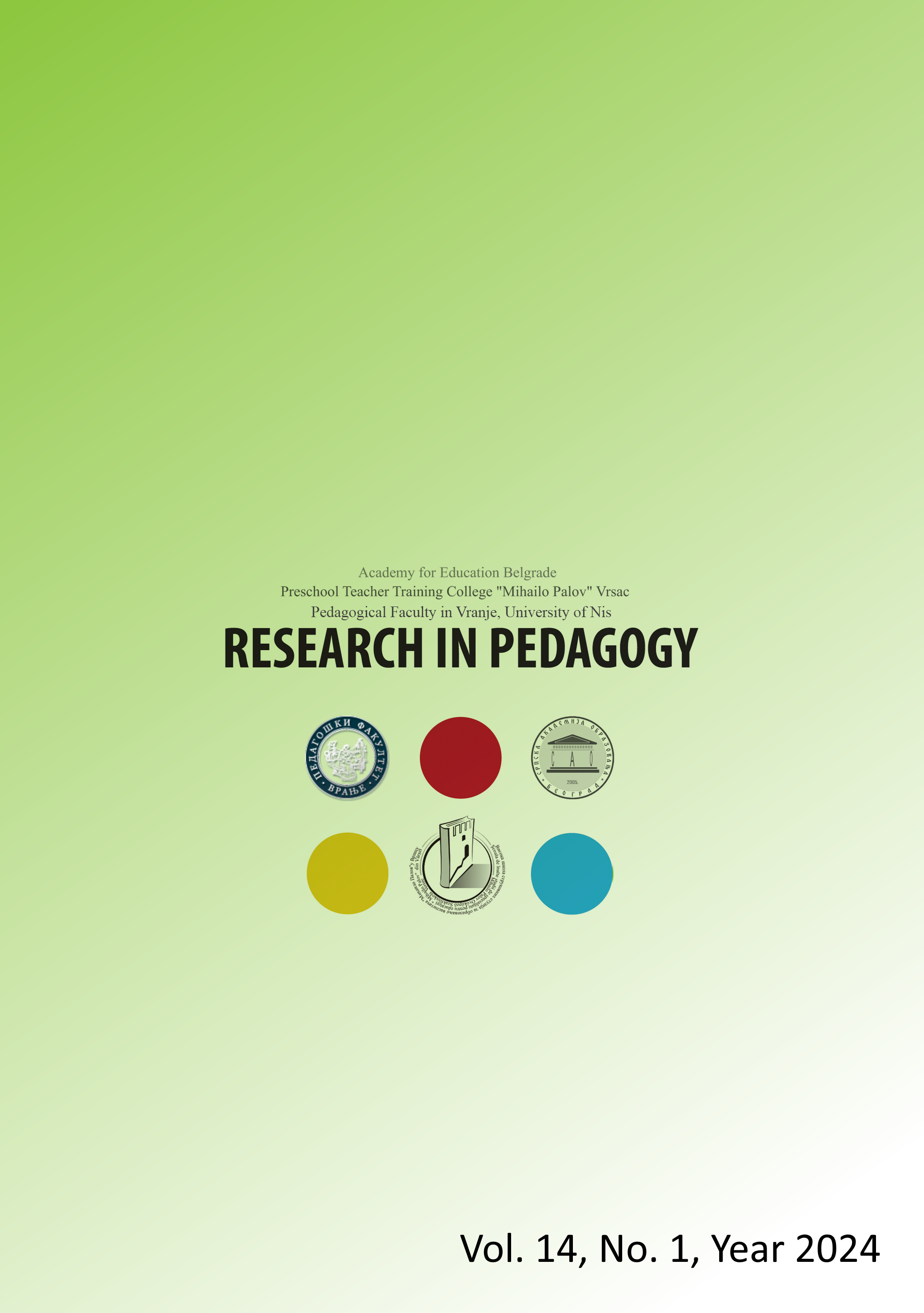EMOCIONALNA INTELIGENCIJA U NASTAVI I UČENJU
EMOTIONAL INTELLIGENCE IN TEACHING AND LEARNING
Author(s): Mustafa Džafić, Mile IlićSubject(s): Social Sciences, Education, Educational Psychology
Published by: Visoka škola strukovnih studija za vaspitače "Mihailo Palov"
Keywords: emotional intelligence, teachers; students; self-regulation; motivation
Summary/Abstract: The goal of this research is to investigate the influence of the application of emotional intelligence development strategies in the educational environment on teachers and students. It is based on special assumptions that there is a statistically significant difference in the emotional intelligence and dimensions of emotional intelligence of teachers and students before and after the interventions. The investigation of students' and teachers' emotional intelligence in education has shown a significant contribution to the improvement of the quality of the educational process. Teachers with high emotional intelligence, after participating in the emotional intelligence development program, enhanced their emotional competencies, particularly in areas of self-regulation, motivation, and empathy. Similarly, students exposed to emotional intelligence development programs achieved a substantial improvement in their own emotional intelligence, resulting in increased learning motivation and improved academic performance. The research sample comprised 25 teachers, mostly with high professional qualifications and 5 to 10 years of teaching experience, along with 80 students from the "Zalik" Elementary School and the "Ilija Jakovljević" III Elementary School in Mostar, with an average age of 12. Validated questionnaires (Emotional Intelligence Appraisal, Kids' Skills) were used to measure emotional intelligence, and data analysis was conducted using the Wilcoxon rank-sum test to compare results before and after interventions in groups of teachers, students, and student ratings on a scale from 1 to 5. Participants achieved significant improvements in emotional intelligence after the interventions, reflected in better interpersonal relationships, increased learning motivation, and enhanced academic performance. The study underscores the importance of integrating emotional intelligence programs into the educational system to promote the integral development of teachers and students.
Journal: Research in Pedagogy
- Issue Year: 14/2024
- Issue No: 1
- Page Range: 62-73
- Page Count: 12
- Language: Serbian

